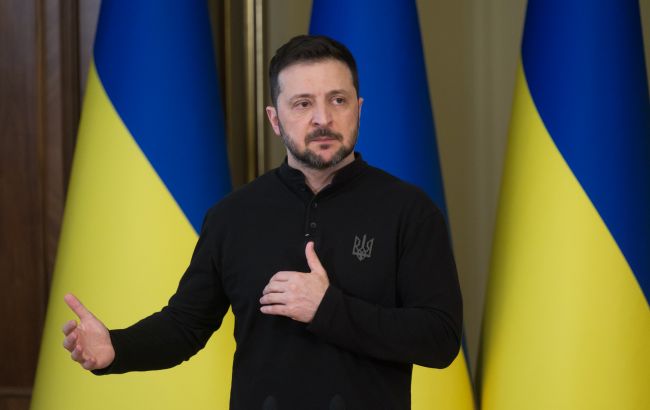Amid rising global security threats and wavering transatlantic unity, Zelenskyy’s participation marks a pivotal moment—not only for Ukraine’s survival and Euro-Atlantic aspirations but also for the very cohesion of NATO.
President Zelenskyy is scheduled to and the leaders of five major European powers—France, Germany, Poland, Italy, and the United Kingdom—on Wednesday at 15:30 local time. This meeting, symbolic in form yet strategic in substance, is more than just a diplomatic courtesy; it’s a bid to secure firm commitments for long-term defense and logistical support.
On the eve of the summit, Zelenskyy is also holding discussions with the heads of EU institutions. These talks aim to bridge the political will of NATO and the European Union—two blocs whose unity remains essential to Ukraine’s resistance and resilience. In the evening, the Dutch royal family will host an official dinner with leaders of NATO, including a scheduled appearance by Donald Trump. Behind the diplomatic protocol, deep geopolitical stakes simmer.
Zelenskyy confirmed he hopes to meet with Donald Trump during the summit. Though not officially confirmed, both sides are actively working to arrange the encounter. When asked whether Trump holds warmer ties with Vladimir Putin than with him, Zelenskyy gave a measured yet candid response: “It’s complicated. I think is not a friend—it never will be. Maybe a temporary partner, but never a true friend.”
These remarks hint at the Ukrainian leader’s balancing act—encouraging dialogue without compromising on principles. Trump’s seemingly ambiguous public stance toward Russia is a strategic play. Despite Ukraine’s active participation in the NATO Partnership format, the draft communiqué of the summit—leaked earlier this week—reportedly contains no reference to Ukraine’s prospective membership. Nor does it include . This absence has sparked debate among diplomats and civil society alike, especially considering Ukraine’s frontline role in containing Russian aggression.
Zelenskyy has not hidden his disappointment. Still, he remains diplomatic, focusing instead on practical outcomes: strengthening Ukraine’s air defense, cybersecurity, and military logistics, and securing sustainable funding for the Armed Forces. NATO is reportedly exploring the creation of a special fund dedicated to Ukraine, though details remain uncertain.
In a speech at the Defense Industries Forum in The Hague, Zelenskyy delivered a chilling message based on soil. “Our intelligence confirms this,” he said. “Russia’s objectives extend beyond Ukraine. They threaten all of Europe.”
Zelenskyy’s warning echoes recent statements from, who suggested that Russia could be ready for further offensive actions. Moscow is expanding its weapons production capacity at a faster rate than anticipated, raising serious alarms within the alliance.
Indeed, Zelenskyy has long argued that stopping Putin in Ukraine is essential to preventing broader catastrophe. “Putin’s war machine won’t stop at our borders. He will test the strength of NATO next,” he has said repeatedly in international forums.
Notably, President Zelenskyy has not been invited to the closed-door session of NATO heads of state—an exclusion that has triggered concern among Ukraine’s allies and fueled criticism of the Alliance’s internal inconsistency. While Ukraine bleeds on Europe’s behalf, it is still left outside the ultimate decision-making circles.
Nevertheless, Zelenskyy remains undeterred. He continues to lead with moral clarity and political agility, embodying Ukraine’s role as a de facto defender of European security—even without a NATO badge.
The 2025 NATO Summit represents a turning point. Will the Alliance rise to meet the urgency of Ukraine’s situation? Will Zelenskyy’s appeals prompt action—or remain symbolic gestures of support? While NATO reassures the world by labeling Russia a “long-term threat” in its final declaration, Ukraine still awaits concrete assurances. Zelenskyy’s presence in The Hague isn’t just diplomatic theatre—it’s a test of NATO’s credibility. As the war drags on and Ukraine stands resilient, the question becomes ever more pressing:

